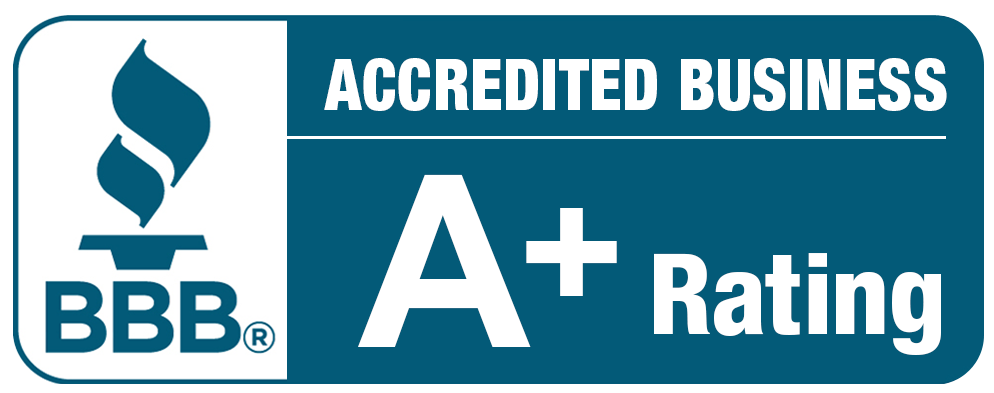Every business owner dreads year-end surprises, especially when it comes to taxes. One
overlooked area that can trigger costly tax consequences is business debt management.
If your company is struggling with cash flow and considering ways to deal with outstanding
obligations, it’s critical to understand how different approaches like debt settlement vs. debt restructuring, impact your tax liability.
Done the wrong way, debt relief can leave you facing an unexpected IRS bill. Done the right way, smart debt restructuring can stabilize your finances and help you avoid tax surprises
Most business owners assume that reducing or eliminating debt is always a win. But here’s the catch:
● Debt Settlement – When part of your debt is forgiven, the IRS often treats the forgiven amount as income. This is called Cancellation of Debt Income (CODI).
● Example: If you settle $200,000 of debt for $100,000, the forgiven $100,000 may be taxable as income. That means instead of relief, you could be hit with a five- or six-figure tax bill
The key difference comes down to strategy:
● Debt Settlement – You pay less than what you owe, but you risk tax consequences, damaged credit, and strained lender relationships.
● Debt Restructuring – You work with lenders to adjust terms (lower payments, extended timelines, reduced interest), without erasing the debt. Since the principal isn’t forgiven, you avoid CODI taxes.
For many businesses, restructuring provides cash flow relief without hidden IRS risks.
Fill the form to request a free Business Debt Consultation Now!
By clicking “Continue” above, I understand and agree to the following terms and conditions:
You may be at risk if:
● You’ve recently settled a business loan or line of credit for less than owed
● You’re considering MCA (Merchant Cash Advance) settlements
● You’re juggling multiple lenders and falling behind on payments
● You’re looking for year-end “quick fixes” to balance your books
If any of these apply, tax planning around your debt is urgent
Here are proven ways to restructure debt strategically and minimize tax risk:
1. Work With Creditors,
Not Against Them Proactive communication shows good faith. Lenders are more likely to extend repayment terms than forgive debt outright, keeping tax consequences off the table.
2. Extend Payment Timelines
Stretching repayment over a longer period reduces monthly pressure without triggering CODI. It’s often a win-win for both lenders and borrowers.
3. Consolidate Debt Strategically
Rolling high-interest, short-term loans into one restructured payment can improve cash flow and reduce tax risk, since no portion of the debt is being “forgiven.”
4. Avoid Last-Minute Settlements
Quick settlements at year-end may solve cash flow problems but can create tax liabilities in
April. Restructuring keeps debt active and manageable without unexpected IRS consequences.
5. Work With a Tax Professional
Even the smartest restructuring strategy should be reviewed by a tax advisor. They’ll ensure your restructuring is structured to defer or eliminate tax impacts.
If you are one of the many thousands of companies struggling with high interest business loans, call us today for a free consultation. Just taking the first step in talking to an expert can start relieving stress. And once you talk to a debt help specialist, you will see that there is hope.

A small logistics company in California settled $300,000 of MCA debt for $150,000. They thought they’d saved their business, until tax season arrived.
The IRS classified the $150,000 “forgiven debt” as taxable income, leaving them with a $40,000+ tax bill they weren’t prepared to pay.
Contrast this with a manufacturing business that restructured debt instead of settling. Payments were reduced by 35%, cash flow stabilized, and no CODI income was reported.
Debt restructuring provides:
● Tax Efficiency – Avoid CODI by adjusting terms instead of erasing debt.
● Predictable Cash Flow – Lower monthly obligations help businesses stay operational.
● Preserved Credit – Unlike bankruptcy or settlements, restructuring protects your reputation with creditors.
● Long-Term Stability – Instead of a short-term fix, restructuring creates breathing room for future growth.
Debt management is about more than just survival, it’s about protecting your business from hidden financial risks. Settling debt may save money today, but restructuring ensures you don’t pay for it later at tax time.
By working with experienced mediators and tax professionals, you can:
● Stabilize your business
● Avoid IRS surprises
● Close the year on stronger financial ground
Ready to Restructure the Smart Way?
If your business carries $50,000 or more in unsecured debt, restructuring could be your best tax-smart solution.
Call: (888) 766-3998
Email: info@nationalcreditpartners.com
Schedule a Free Consultation today and learn how to protect your business from costly tax surprises.

An A+ rating represents BBB's high degree of confidence that the business is operating in a trustworthy manner and will make a good faith effort to resolve any customer concerns filed with the BBB.
